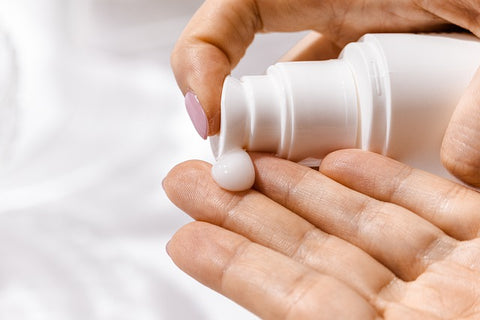
March 22, 2021
Whether you usually shop for organic skincare products or synthetic ones, you may wonder what the difference...
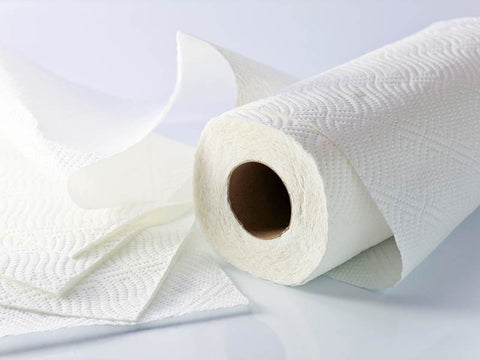
March 22, 2021
The health standards practiced in the workplace determine the extent to which the employees are...
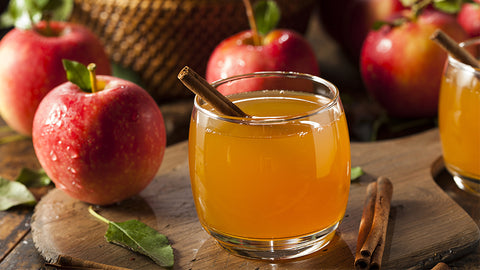
March 22, 2021
Apple cider vinegar is the most popular type of vinegar in the natural health community....

March 22, 2021
Breakfast is important.If it is, why do so many people, adults and children alike, leave...
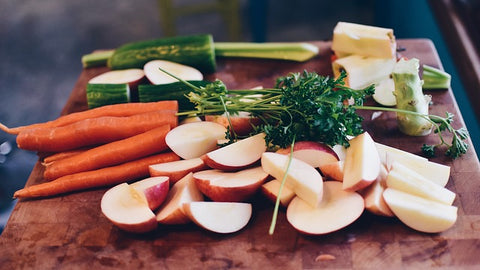
March 22, 2021
Red Red foods contain a number of antioxidants, including lycopene (tomatoes), anthocyanins (red berries) and...
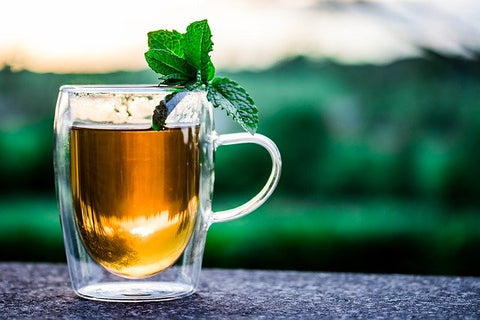
March 22, 2021
Peppermint Tea Benefits Peppermint tea is known to be soothing, sure, but what else does...






